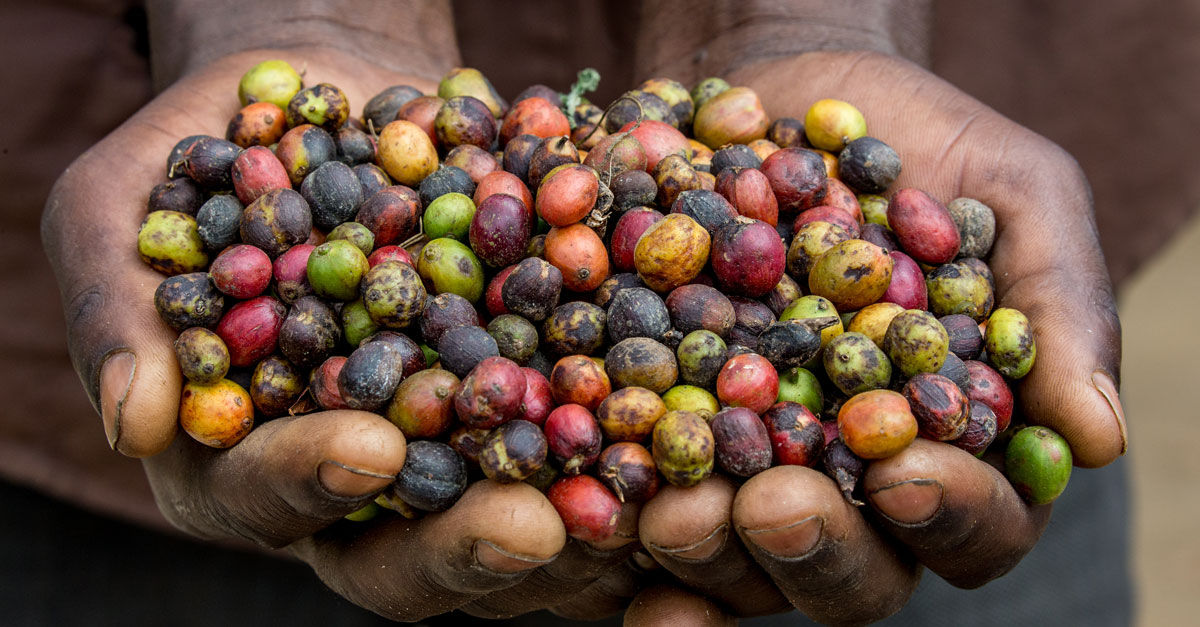
Specifics of African coffee
If you’re buying coffee from Africa, it’s almost certainly Ethiopian coffee – Ethiopia is considered the cradle of coffee cultivation, which means it’s a fairly popular variety. But blends and blends may use coffee grown in other regions of the continent. Because of the soil and climate in each of these regions, the taste of the coffee will be different, so if you’re an experienced coffee connoisseur, you’ll be able to tell from the first breath of the aroma of a cup of coffee that it wasn’t grown in Ethiopia. Let’s take a look at the characteristics of coffees from three regions of Africa.
Rwanda
Coffee in Rwanda is usually grown at high altitudes, between 1,500 and 2,000 meters above sea level. The country’s volcanic soil combined with moderate rainfall and ample sunshine create ideal conditions for coffee cultivation.
Rwandan coffee https://festcoffeemission.com/en/geography/rwanda-en/ is known for its bright acidity, medium body and floral, citrus notes in the flavor. It often has notes of bergamot, lemon, black tea and a clean and crisp finish.
Rwanda mainly grows Arabica varieties, with Bourbon and Tipika being the most common.
Tanzania
Coffee in Tanzania is grown in various regions including the slopes of Mount Kilimanjaro, Mount Meru and the Southern Highlands. Elevations range from 800 to 2,000 meters above sea level, and the microclimate depends on altitude, proximity to water bodies, and soil composition.
Tanzanian coffee is known for its medium to full body, balanced acidity, and diverse flavor profile. Depending on the region of origin, it often contains fruity and floral notes, as well as hints of spice, chocolate and caramel.
Tanzanian coffee consists mainly of Arabica varieties including Bourbon, Kent and N39.
Kenya
Coffee in Kenya is grown between 1,400 and 2,100 meters above sea level, mostly in the regions surrounding Mount Kenya and the Aberdare Range. The country’s equatorial climate, distinct rainy and dry seasons, and rich volcanic soil contribute to the distinct flavor profile of Kenyan coffee.
Kenyan coffee is known for its bright acidity, full body, and complex flavor profile. It often has notes of grapefruit, black currant, and tomato, as well as a winey sweetness and a long aftertaste.
Kenyan coffee is predominantly Arabica, and varieties such as SL28 and SL34 are prized for their quality.
A coffee lover with a pronounced acidity will prefer coffee from Kenya or Rwanda, while those who prefer a more balanced coffee flavor should try Tanzanian coffee. In general, the more you experiment, the better you will know your taste preferences, and the easier it will be to tell right off the bat whether you will like a particular type of coffee.





